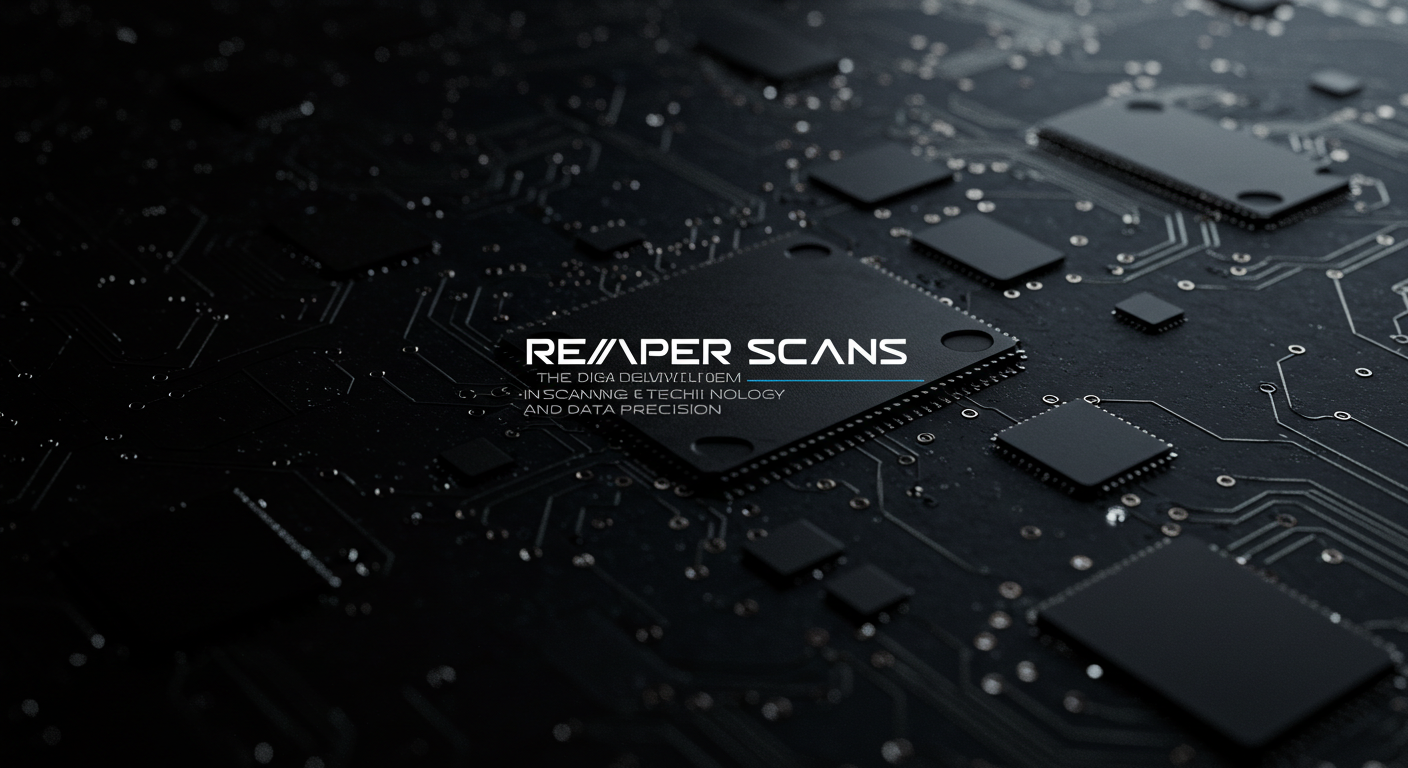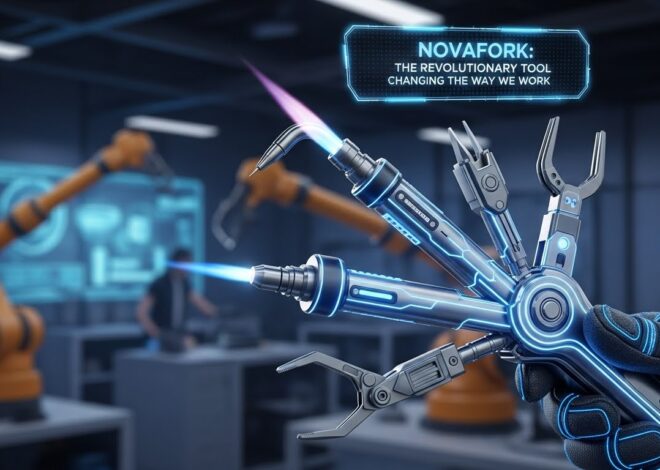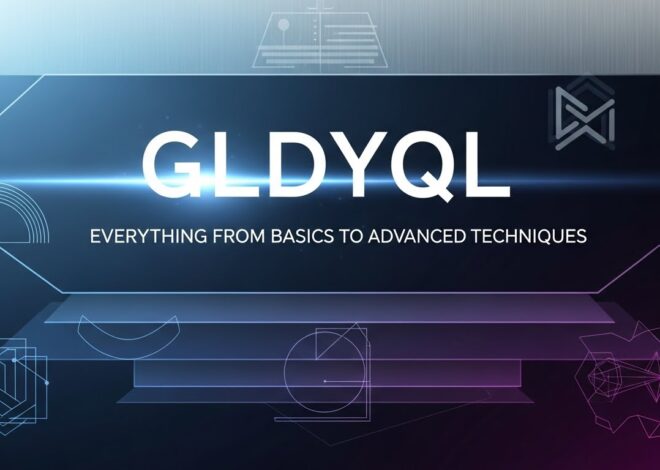
Reaper Scnas: The Digital Revolution in Scanning Technology and Data Precision
In the fast-evolving world of digital technology, Reaper Scnas has emerged as a groundbreaking innovation redefining how scanning systems operate. From data capture to intelligent analytics, this concept is transforming how industries manage, process, and interpret visual information. Reaper Scnas combines advanced imaging tools, AI integration, and automation to deliver exceptional precision and reliability in scanning operations.
This article explores the history, functionality, and future of Reaper Scnas, providing valuable insights into how it enhances performance across diverse sectors, including healthcare, engineering, and digital security.
Understanding the Concept of Reaper Scnas
At its core, Reaper Scnas refers to a cutting-edge scanning system that integrates artificial intelligence and machine learning to enhance the speed, accuracy, and efficiency of data collection. Unlike traditional scanning tools, which focus solely on image replication, Reaper Scnas leverages intelligent algorithms to interpret and analyze data in real-time.
This makes it a preferred choice for professionals requiring high-definition, detailed scans — from architects designing digital blueprints to cybersecurity experts verifying data authenticity.
Key Features of Reaper Scnas
| Feature | Description | Benefit |
|---|---|---|
| AI Integration | Uses deep learning to recognize and categorize patterns. | Improves accuracy and reduces human error. |
| Multi-Layer Scanning | Captures data in multiple resolutions and depths. | Enhances image detail and fidelity. |
| Speed Optimization | High-speed processors accelerate scanning time. | Increases productivity for large datasets. |
| Data Encryption | Built-in encryption ensures secure data transfer. | Protects sensitive information from breaches. |
| Cloud Connectivity | Automatically syncs data with cloud platforms. | Enables easy access and remote collaboration. |
Each of these features contributes to the reliability and power of Reaper , making it one of the most advanced scanning systems available today.
The Evolution of Reaper Scnas
The development of Reaper Scnas was driven by the limitations of conventional scanning methods. In early models, users faced challenges such as low resolution, slow processing, and inconsistent outputs. However, modern Reaper technology integrates powerful AI frameworks that learn from every scan, continuously improving performance and accuracy.
As industries adopted automation and digital transformation, the demand for intelligent scanning grew. This shift positioned Reaper as a vital tool for maintaining data integrity in fields that rely heavily on precision — such as medical diagnostics, digital forensics, and industrial design.
How Reaper Scnas Works
The mechanism of Reaper is a combination of high-resolution imaging sensors, adaptive algorithms, and data enhancement modules. The process involves several stages:
-
Image Capture: The scanner captures a raw visual or document image.
-
Pre-Processing: The system eliminates distortions, adjusts lighting, and enhances contrast.
-
AI Interpretation: Machine learning algorithms analyze the data to identify relevant structures or text.
-
Data Encoding: Information is compressed and encrypted for secure transmission.
-
Cloud Sync: The scanned data is automatically uploaded to the cloud for backup and collaboration.
This streamlined process allows Reaper to produce faster, smarter, and more reliable outcomes than traditional systems.
Applications of Reaper Scnas Across Industries
Reaper Scnas in Healthcare
In the healthcare industry, Reaper is used to digitize patient records, scan medical images, and ensure accurate data transfer between departments. Its AI-driven precision helps detect anomalies in diagnostic scans and improves data management efficiency.
Reaper Scnas in Engineering and Design
Architects and engineers rely on Reaper to create accurate 3D models and digital blueprints. The system captures minute details, helping professionals design and analyze projects with precision.
Reaper Scnas in Cybersecurity
Reaper also plays a crucial role in digital security. It verifies document authenticity and detects tampered or falsified images. By integrating encryption features, it ensures that scanned data remains protected from cyber threats.
Reaper Scnas in Education and Research
Academic institutions and research organizations use Reaper to digitize archives, books, and experimental results. Its ability to process large volumes of data quickly enhances research efficiency and digital learning accessibility.
Advantages of Reaper Scnas
| Aspect | Traditional Scanning | Reaper Scnas Advantage |
|---|---|---|
| Accuracy | Limited precision | AI-enhanced recognition ensures high accuracy |
| Speed | Slower processing | Rapid scanning with optimized performance |
| Data Safety | Vulnerable to breaches | Built-in encryption for secure data handling |
| Storage | Local file storage | Cloud-based synchronization and access |
| Adaptability | Manual configurations | Self-learning algorithms adjust automatically |
These advantages illustrate why Reaper has become a preferred solution for businesses and professionals seeking smart scanning capabilities.
Challenges and Solutions in Reaper Scnas Technology
Despite its many benefits, Reaper faces certain challenges, such as data overload, compatibility issues, and system maintenance. However, ongoing innovations are addressing these concerns:
-
Data Overload: Cloud scalability ensures storage efficiency for large datasets.
-
Compatibility: API integration allows Reaper to connect with multiple software ecosystems.
-
Maintenance: Automatic updates and AI self-correction minimize downtime and technical issues.
These continuous improvements ensure that Reaper remains at the forefront of digital innovation.
The Future of Reaper Scnas
Looking ahead, Reaper is expected to become even more intelligent and integrated. Developers are working on incorporating augmented reality (AR) and quantum computing for faster data analysis and richer visualization.
Future applications could include real-time 3D object scanning, autonomous system integration, and predictive analytics. As industries become more data-driven, Reaper will play a key role in ensuring digital efficiency, accuracy, and security.
Why Businesses Should Adopt Reaper Scnas
Organizations that invest in Reaper gain a competitive advantage by streamlining their data processes. The technology not only reduces operational costs but also enhances collaboration, security, and sustainability.
Key benefits include:
-
Reduced Manual Workload – Automation simplifies repetitive tasks.
-
Enhanced Productivity – Faster scanning leads to quicker data turnaround.
-
Improved Accuracy – AI learning refines outcomes with every use.
-
Environmental Impact – Digital archiving reduces paper waste and supports eco-friendly practices.
Businesses that implement Reaper early will be better positioned to adapt to future digital demands.
Final Thoughts
Reaper Scnas represents a major leap forward in digital scanning innovation. Its blend of AI intelligence, high-speed performance, and robust data protection makes it a game-changer for industries worldwide. From simplifying workflows to enhancing accuracy, it is redefining how scanning systems operate in the modern era.
As technology continues to evolve, Reaper will undoubtedly remain a cornerstone of precision, reliability, and smart data management. For organizations aiming to stay ahead in the digital transformation race, embracing this technology is not just an option — it’s a necessity.


